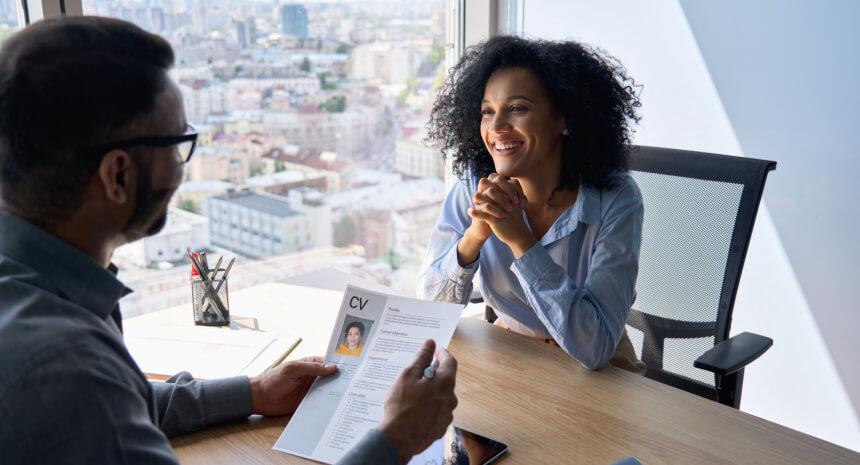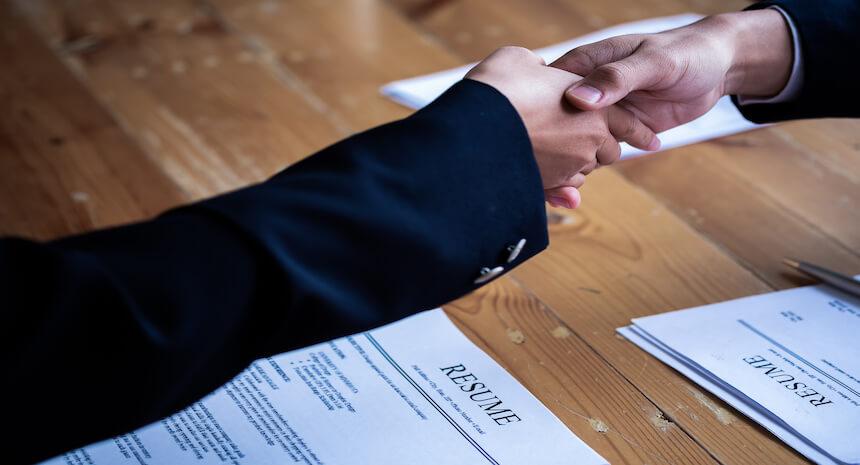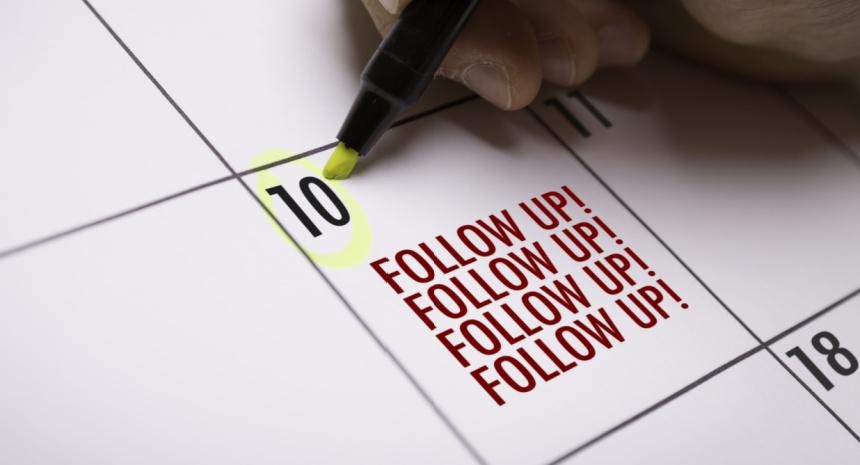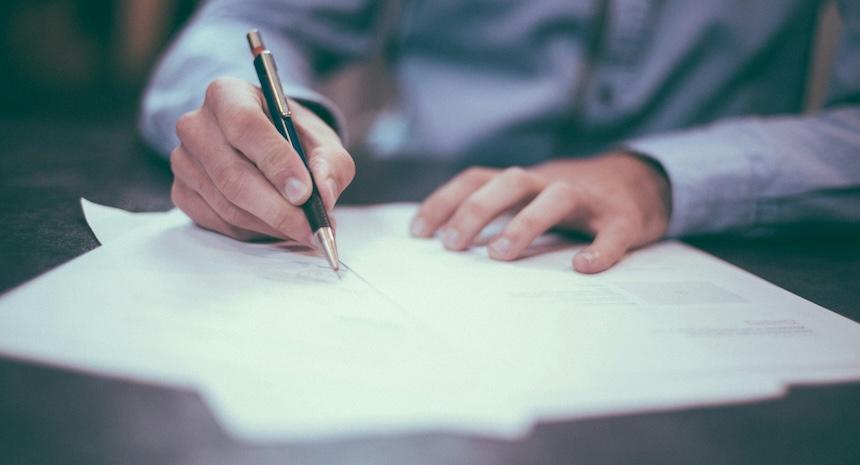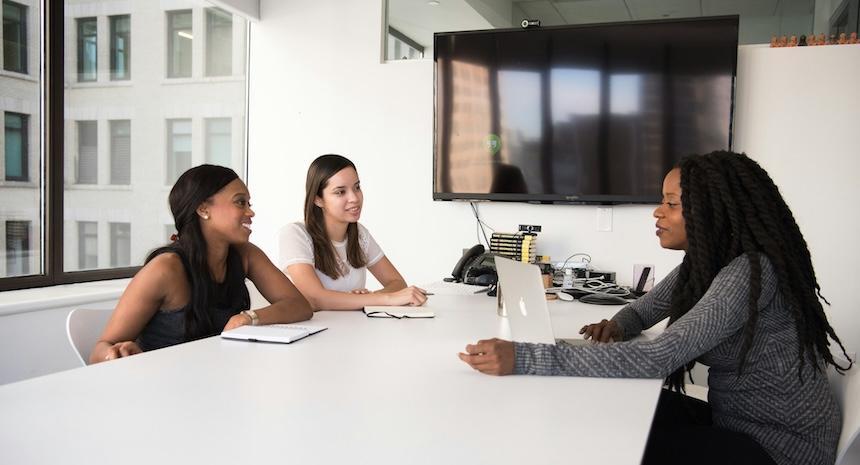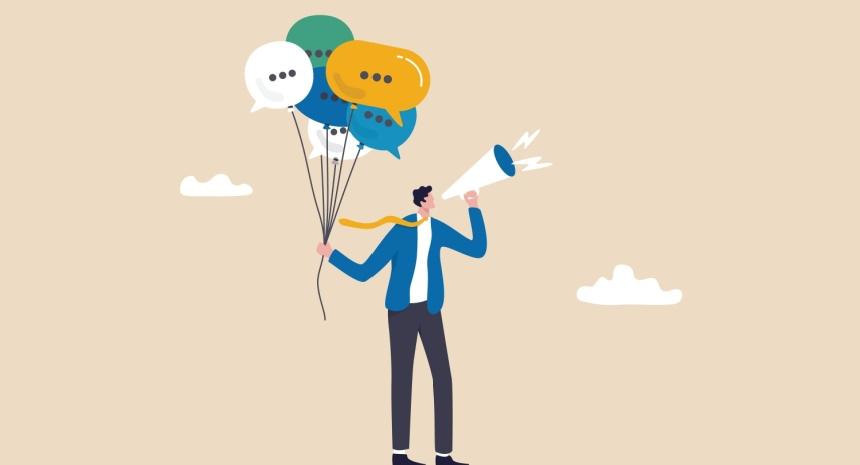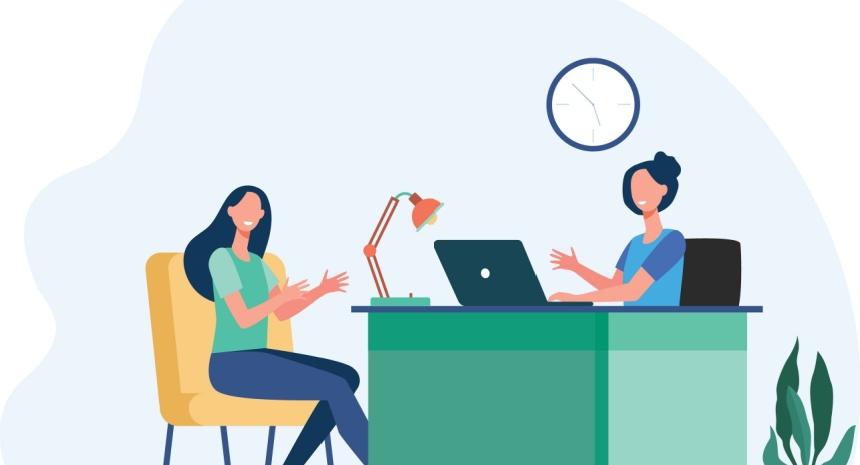Job Interview Advice
All Articles
Career Resources
Job Interview Tips
Sort by
×
Author
×
Sort
- All
- Most Recent
- Oldest
- Interviews • October 10, 2025
What Does It Mean if an Interviewer Says "Good Luck" or "We'll Be In Touch"?
- Interviews • September 29, 2025
What If No One Responds When You Try To Follow Up After a Job Interview?
- Interviews • June 12, 2025
How To Send a Follow-Up Email After an Interview: 6+ Examples
-
- Interviews • March 06, 2025
What Is an Elevator Pitch for an Interview? + Examples
- Interviews • March 03, 2025
Words to Describe Yourself in a Job Interview + Answers
- Interviews • March 03, 2025
How to Answer Where Do You See Yourself in 5 Years + Examples
- Interviews • February 26, 2025
STAR Method Examples for Interview Questions & More
- Interviews • February 20, 2025
25 Common Job Interview Questions and Answers for 2025
-
- Interviews, AI • January 14, 2025
How to Use AI to Prepare for an Interview: Guide & Sample AI Prompts
- Interviews • January 01, 2025
25+ Popular Behavioral Interview Questions + Answers

